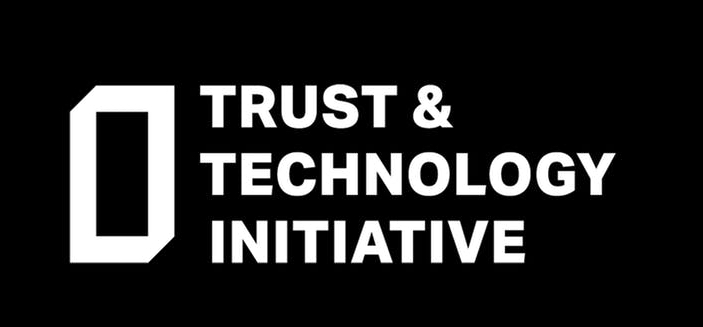The following talk abstracts represent a selection of events hosted at the University of Cambridge that concerned themselves with questions of risk, risk assessment, cybersecurity and blockchain applications as well as the psychology of online crime.
Cybersecurity I - Sealed and Safe? (Digital (Dis)Comfort series)
Webinar with Dr Ann Sofie Cloots, Faculty of Law, University of Cambridge and Dr Pali Surdhar, Chief Security Officer at Cambridge-based nCipher
The two presenters discussed the security and legal risks connected to the usage of blockchain and smart contracts in the context of immunity passports. They will introduce the topics of blockchain and smart contracts broadly, in a non-technical way, before relating them to the current issue of immunity passports and discussing in more detail the risks and benefits associated to these recent technological opportunities when it comes to dealing with emergency measures.
Dr Ann Sofie Cloots is the Slaughter & May Lecturer in company law at the Faculty of Law, University of Cambridge, where she teaches corporate finance law, company law and the legal aspects of DLT, digital assets and smart contracts.
Dr Pali Surdhar is the Chief Security Office at nCipher, supporting global customers with cryptographic keys for their systems. He is responsible for security oversight and certification of cryptographic products that are developed by nCipher Security.
Cybersecurity II - Fortification (Digital (Dis)Comfort series)
In response to Covid-19 the global economy is reassessing and reimagining modes of consumption, supply, interaction, productivity and, last but not least - security. What does the accelerated move to the digital realm imply for cybersecurity and awareness of cyber risks?
Countering cyber threats successfully requires a focus on human behaviour as well as technology enhancement. The webinar brought together two academic experts to look at both digital security by design and human factors, and at key areas of concern for cyber risk brought into sharper focus by the pandemic.
Prof Simon Moore: Toward trustworthy computer systems
Simon spoke about his work on first principles of computing architecture as part of the CHERI project (Capability Hardware Enhanced RISC Instructions) for digital security by design. Many fundamentals of computing architecture were designed at a time when networking computers was not envisaged, let alone feasible. This results in legacy vulnerabilitites, where low-grade functions can now be exploited by attackers. The CHERI project aims to redesign those fundamentals and make computing architecture more resilient, and thus more trustworthy.
At the Department for Computer Science and Technology Simon conducts research and teaching in the general area of computer architecture with particular interests in secure and rigorously-engineered processors and subsystems, such as memory-protection features that safeguard against many currently widely exploited vulnerabilities.
Dr Jennifer Daffron: Increased rate of digitisation in response to Covid-19 - what it means for cyber risk moving forward
Jennifer gave examples of the huge surge in commercial demand for digital solutions such as cloud storage triggered by the COVID-19 pandemic, and touched on positive practices that businesses will need to develop to build an internal culture of 'healthy distrust' for adaequate cyberrisk awareness.
Jennifer leads the research on digital risk at the Cambridge Centre for Risk Studies. Her research defines and exposes cyber threat vulnerabilities on organisational and human behavioural platforms for companies around the world. Jennifer holds a PhD in Experimental Psychology from the University of Cambridge and has published several papers on attentional templates in visual search.
Trust in inherently untrustworthy contexts: cybercriminals
Trust & Technology Lunchtime talk, with Dr Alice Hutchings (Department of Computer Science and Technology)
Alice applies natural language processing and data science approaches to communication carried out via underground forums, for example, to better understand the dynamics between cybercrime actors. Her talk focussed on the mechanisms that build trust in inherently untrustworthy situations; specifically, how and why cybercriminals trust each other when they are in the business of lying and cheating.

